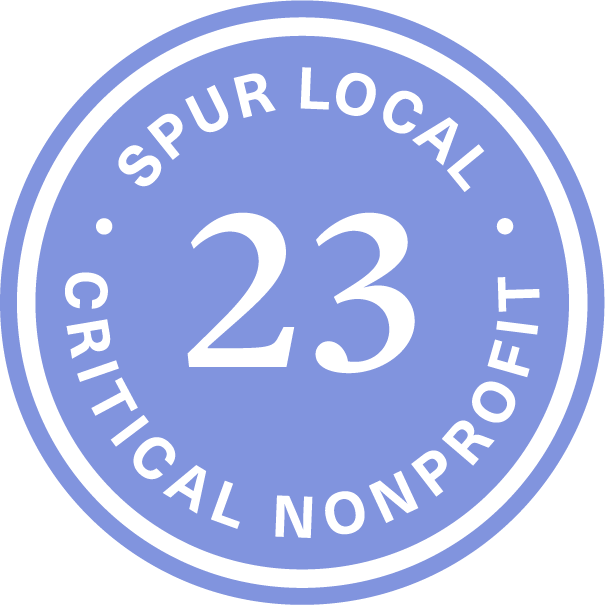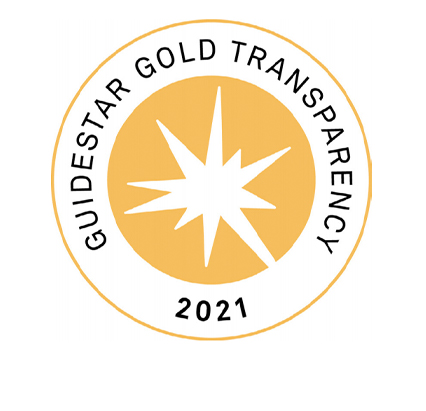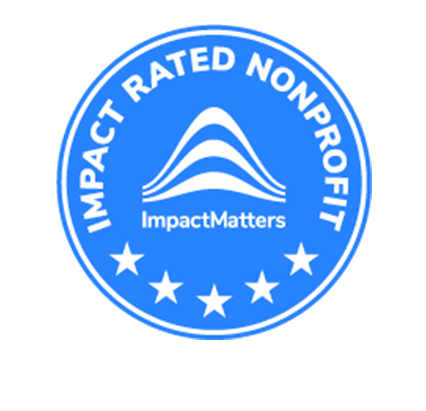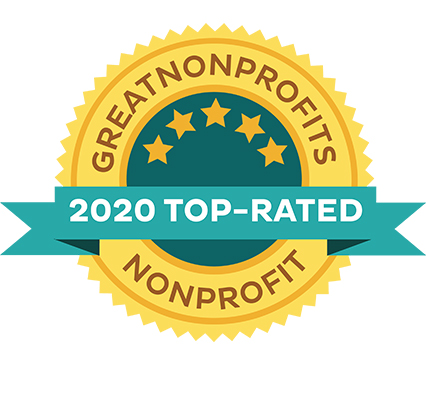DASH interviewed Board Co-Chair Julia Wright about her involvement with the organization.

DASH Board of Directors Co-Chair Julia Wright
How did you first find out about DASH? What stood out to you?
Peg and I have a mutual friend Lydia Watts who started WEAVE – formerly “Women Empowered Against Violence,” now known as “Washington Empowered Against Violence,” a legal clinic helping survivors of domestic violence work through the court system in Washington DC. We were both on the Board of Directors of that organization. When Peg took the very bold step of purchasing the building for the Cornerstone Program she needed someone to work with her doing the redevelopment of the site. I have been in the commercial construction business for almost 30 years and jumped at the chance to work with Peg in this very important project. Peg and I worked together turning a 52 unit apartment building into a 47 unit building with services. We worked together for over three years making this dream come true.
What stood out to me about DASH was the different approach that DASH takes to serving the survivors and their families. First, this is a low barrier program so it allows for more women to be reached and therefore more families getting the opportunity to live safer lives. It also is the longest term program in the City. It is not simply an emergency housing program but gives women the opportunity to live for up to two years with their families while rebuilding their lives. My belief is if you don’t have a program that allows people the opportunity to go through a meaningful healing process and put their lives back together it is going to fall short. DASH was established with this goal in mind.
How is DASH’s work and focus important to your community, family and friends? How can you see people in your life connecting with the organization?
DASH’s work is extremely important to our community because it addresses the issue of domestic and sexual violence head on. These are both still difficult issues to discuss because of the misinformation about victims and the uncomfortable nature of this topic. DASH works to educate our community about the problems that exist and the ways that we can all work together to help change the outcomes of existing situations in addition to educating young people about alternatives to violence.
I take every opportunity I can to discuss my involvement with DASH with family and friends. My 21 year old daughter Sydney has volunteered at the shelter working with the younger children during times of the day that have been set aside for the women to be able to work on the computer or address things that need to work on in their own lives as well as getting a break from childcare duties to just relax for a while. Sydney has worked with me all of her life when I served on the Board at Calvary Women’s Services a homeless shelter in DC as well as the work that we did at WEAVE. I think by bringing members of our family and our community together to tackle these problems we are “getting the word out” , so to speak, and educating young people about ways in which they can help to change the communities that they live in to healthier safer places.
I work very hard at trying to connect the people in my life to the work that we do at DASH. I have had fundraisers in my home to introduce my friends and neighbors to the organization and give them an opportunity to ask questions about the work that we do and the things that we need to continue to be a success. I think the key is taking the opportunity when possible to bring up the work that we do and the things that we need to continue the work. I find that most people are very receptive to hearing about DASH and in turn asking what they can do to help. This is especially true for the children that we serve. There is always a need for food, clothing, toys, school supplies and other essential items and people are generally very willing and eager to help. People won’t know what we need unless we are out there asking, educating, and explaining the nature of the work that we do and the urgency with which we need to act. When I discuss the work at DASH with people in my life it seems that most people can identify with people in crisis and want to be able to do something to help out. I have gotten an overwhelmingly positive response when I ask for help, which makes me very proud of my family, friends and work associates.
What are some of your personal interests and skills that you think are a good fit for DASH’s needs moving forward?
I have been interested in women’s issues as well as working with homeless populations from a young age. I helped at So Others Might Eat working in the dining room as well as serving on the Board of Directors at both Calvary Women’s Services and WEAVE. I have seen too many people’s lives destroyed by domestic abuse and therefore whatever I can do to help change someone’s life to free them from that type of situation is important to me. As a small business owner in the commercial construction business I helped to bring the project to life by managing the construction of the facility and then joining the Board to continue my work with DASH. I work with Peg and her team around issues with maintenance of the building, financial stability and fundraising. The community that I work in is very generous to charitable organizations especially related to housing.
Is this your first time working with a nonprofit? If so, what stands out about DASH?
DASH is not the first non-profit I have worked with over the years and its mission sets it apart from previous organizations I served because of the holistic nature of the approach it uses to help the population it serves. To me, that is what makes DASH special. I like that they are approaching it first and foremost as a way to keep families safe and then to give women the skills that they need to take care of themselves and their families. My interest in serving families in need as it relates to housing and safety serves DASH because I am motivated to help to raise money to keep our doors open and our programs available.
What future plans of DASH’s are you excited about?
Moving forward our desire is to raise enough money to expand our programs to serve more families in need as well as raise some money for reserves. Due to the incredibly difficult past few years I am sure that organizations like DASH all over the Washington Metropolitan area have used reserves and need to build back up to ensure that in case of emergency we are not going to be caught short. I know it doesn’t sound glamorous, but I think it is very important and responsible to ensure fiscal soundness and operate in a way that ensures sustaining the programs and the building.
 DASH can also receive calls from Deaf clients. We are including a screensaver shot so you can get a feel for what it looks like. All DASH has to do is click on the green bar that says “start interpreting session” and an interpreter will pop up (like skype) and interpret for us while we’re working with a Deaf participant.
DASH can also receive calls from Deaf clients. We are including a screensaver shot so you can get a feel for what it looks like. All DASH has to do is click on the green bar that says “start interpreting session” and an interpreter will pop up (like skype) and interpret for us while we’re working with a Deaf participant.













